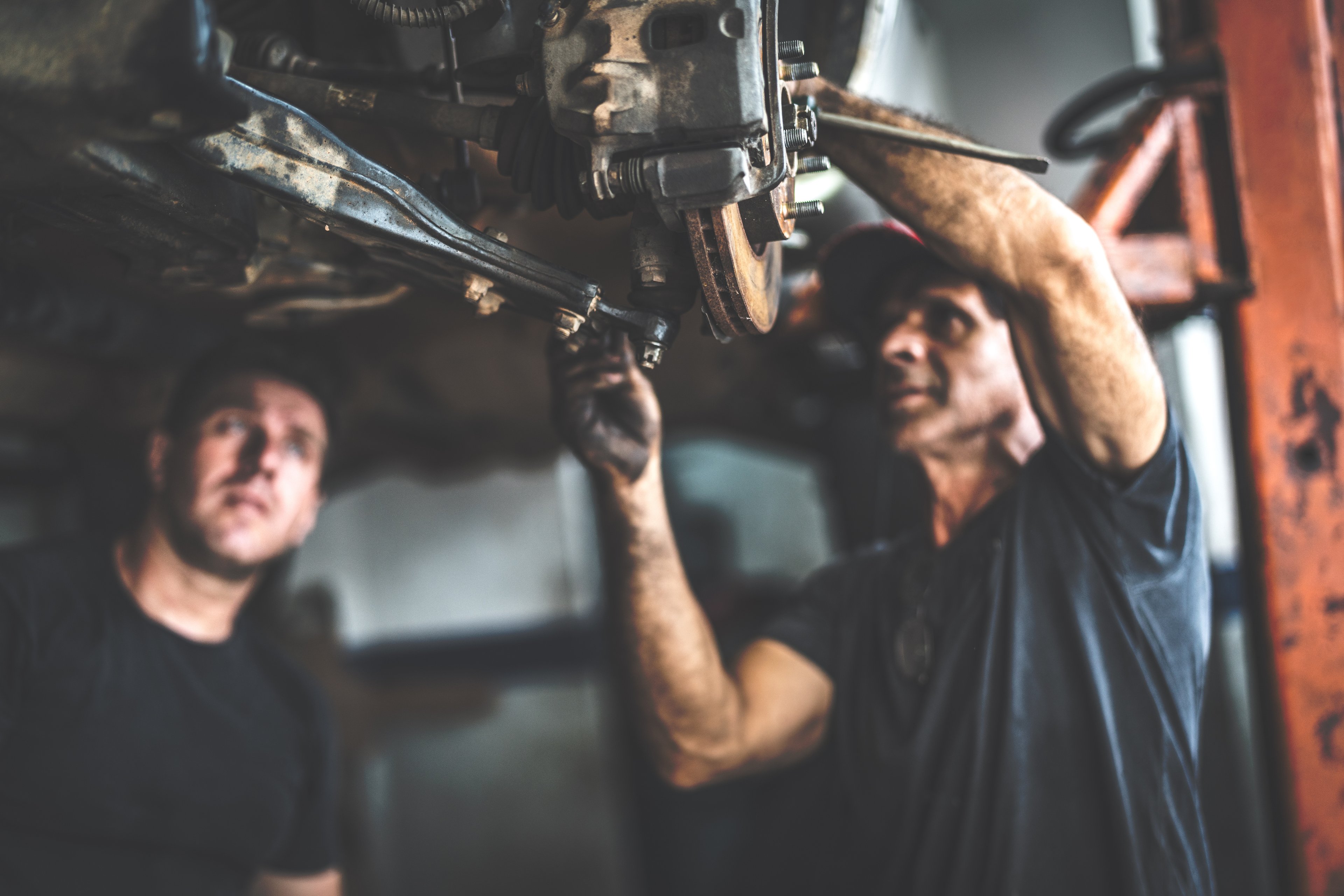
Don't Get Taken for a Ride by Your Mechanic
How to know if you've been unfairly charged by your mechanic
Most of us have a fear of being overcharged when we get our car repaired. We’re not sure how much parts and labor should cost, and the repair bill seems written in another language.
Our own confusion has led to the common misconception that mechanics are always trying to rip us off. The reality is that the majority of mechanics are honest, hardworking businessmen who aren’t out to swindle anyone, they’re just trying to make a living like the rest of us. Their business thrives on their reputation, so it’s in their best interest to keep everything above board when it comes to prices.
There are a few simple concepts to understand, and a few simple steps to take to know if you’ve actually been unfairly charged and how to address it.
What to Know
- Your estimate should only differ from your final bill by a certain percentage. States have set standards for how much your final repair bill can vary from your estimate before your mechanic has to contact you to get your consent. Generally, this is 10 – 20%. The allowable variance should be in the fine print on your estimate. If your final repair bill is more than 20% over your estimate, it’s time to discuss your charges with your mechanic.
- Some mechanics charge for diagnostics, others don’t. Diagnostics are the most crucial part of your repair process. You wouldn’t expect a doctor to prescribe you medicine without first determining what your illness is. A mechanic’s time costs money, and you should expect to be charged for this part of the process. Some mechanics don’t charge for diagnostics to try to encourage more customers to bring their car in for service, but that doesn’t mean you should expect that. If your car is repaired properly, the safety that repair provides you and your passengers is worth the cost.
What to Do
- Choose your repair shop carefully. Check online reviews of shops, and ask friends, family, and coworkers for recommendations.
- Let your mechanic know not to do any unauthorized repairs. When you discuss your repairs with your mechanic, state very clearly, “Please call me if you need to make any repairs we haven’t discussed. If any work is done that I haven’t consented to, I won’t pay for that additional work.”
- Review your estimate—and later your repair bill—carefully. On the estimate, if you see any service (including diagnostics) listed without a price beside it, ask for an estimated price to be included. If there is no fine print about the variance between estimate and final cost, ask that it be added.
- Check the internet for price ranges. Obviously prices will vary from shop to shop, but if you see that a particular repair costs an average of $300, and you’ve been charged $700, that should be cause for concern.
- Sign the repair order. In the case of disputes, having a signed repair order will be crucial.
- Keep the repair order in a safe place. Again, in the case of a dispute, your signed repair order is the foundation of your defense.
- If you have a dispute, discuss it with your mechanic. If your bill varies by more than 20% from the estimate, and includes repairs you didn’t consent to, hopefully your mechanic will work with you to provide a partial refund. Remember, their reputation is the cornerstone of their business, so they don’t want to alienate you.
- If you’re unable to resolve your dispute with the mechanic, reach out to a third party. The Better Business Bureau will look into your dispute and try to resolve it, at no cost to you. If you retain the services of an attorney, be aware that the cost of the attorney may outweigh the cost of the repairs, and if you don’t win the dispute, you will not be reimbursed for those lawyer fees.
Now you can go into a repair shop confident that you understand the process and that you’re no longer at the mercy of your mechanic.
More resources Request a quote Locate an agentRelated Articles

What does that strange car smell or weird noise mean?

Why regular vehicle maintenance is worth it
